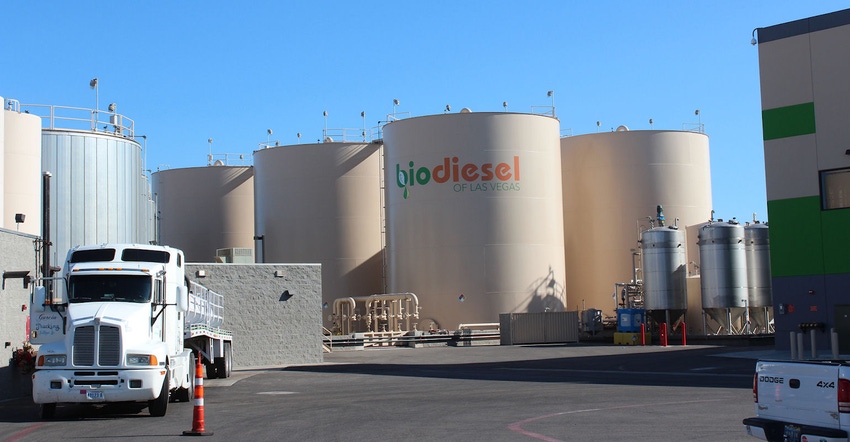Commerce Department proposal would reduce existing countervailing duties and place domestic producers at a disadvantage.
July 3, 2019

The National Biodiesel Board's (NBB) Fair Trade Coalition criticized the U.S. Department of Commerce's (DOC) preliminary decision in a "changed circumstances" review of countervailing duties on biodiesel imports from Argentina. DOC preliminarily found that Argentina's recent changes to its export tax regime eliminated certain government subsidies provided to Argentina's biodiesel producers. If these results are made final, DOC would reduce the existing countervailing duty rates on Argentina's biodiesel from their current average of 72% to 10%.
In a companion review of the antidumping duty order, DOC did not propose to change the antidumping duty rates that are currently in effect, which average 75%. The reduced countervailing duty rates would be applied in addition to the existing antidumping rates, resulting in a total average rate of 85%.
NBB vice president of federal affairs Kurt Kovarik stated, "NBB and the Fair Trade Coalition strongly disagree with [DOC's] proposal to virtually eliminate countervailing duty rates on Argentine biodiesel. This appears to be an unprecedented and unjustified accommodation to Argentinian producers that threatens to harm U.S. biodiesel producers and soybean farmers. Throughout this review, NBB has made the case that Argentina continues to massively subsidize its domestic biodiesel producers. Commerce's proposal to eliminate trade protections for U.S. biodiesel producers and soybean farmers is difficult to understand at a time when the Trump Administration is asking them to bear huge economic costs from trade disruptions."
Kovarik added: "The trade enforcement and protection had been a bright spot this year for U.S. biodiesel producers and soybean farmers who were negatively impacted by other trade disruptions. Despite the uncertainty created when [DOC] launched this review last November, U.S. producers have stepped up to the plate and increased production nearly every month since mid-2017. We are struggling to understand why [DOC] is reopening the door for subsidized biodiesel imports from Argentina."
The countervailing duty cash deposit rates will not change as a result of the preliminary decision; any rate changes would become effective with a final determination, currently due in September.
Made from an increasingly diverse mix of resources such as recycled cooking oil, soybean oil and animal fats, biodiesel is a renewable, clean-burning diesel replacement that can be used in existing diesel engines without modification. It is the nation's first domestically produced, commercially available advanced biofuel.
NBB is the U.S. trade association representing the entire biodiesel value chain, including producers, feedstock suppliers and fuel distributors, as well as the U.S. renewable diesel industry.
You May Also Like

.png?width=300&auto=webp&quality=80&disable=upscale)

